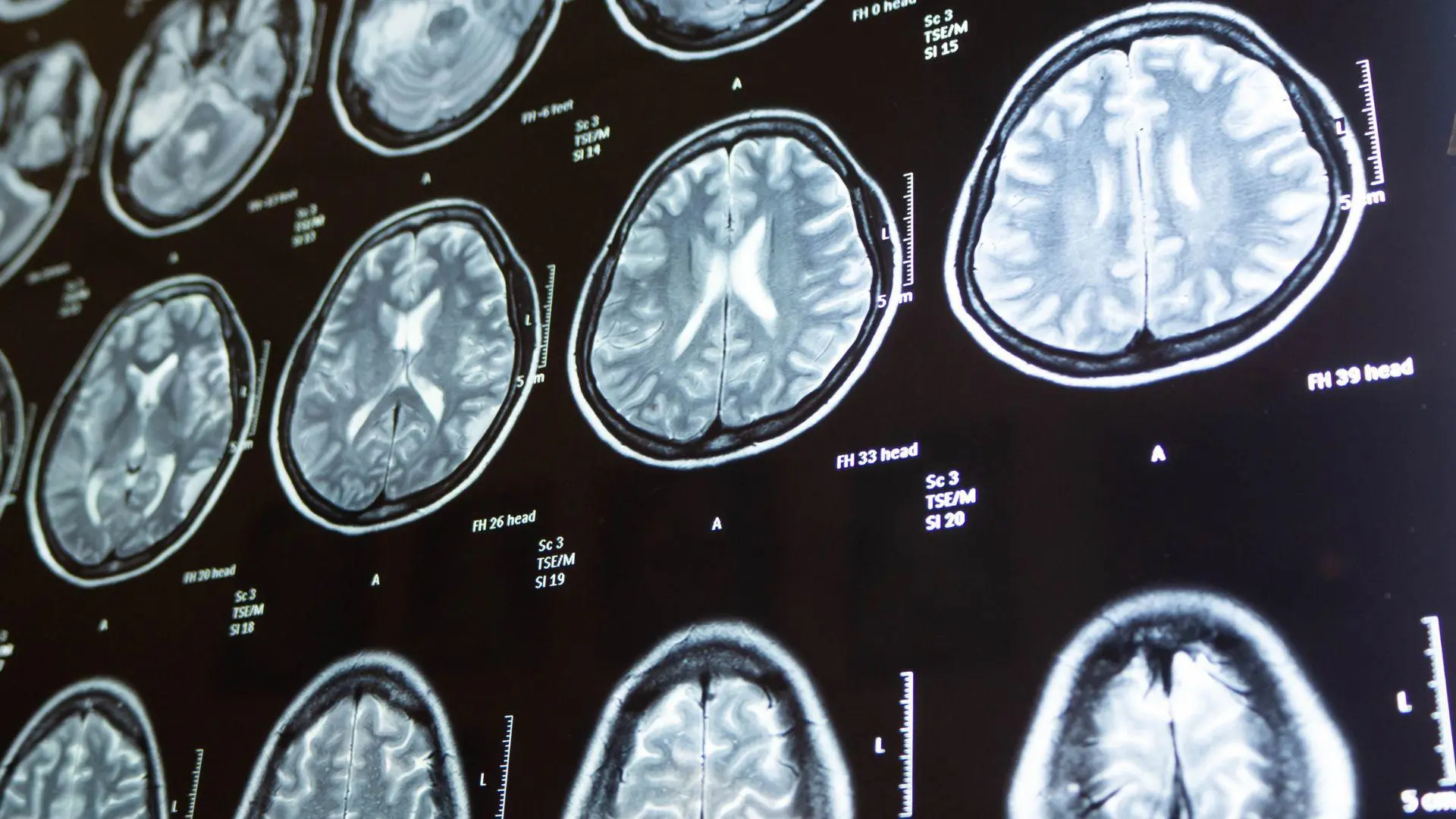A new study by researchers at the University of Central Lancashire (UCLan)’s School of Dentistry has revealed that Alzheimer’s disease may potentially be spread from infected teeth via dental procedures.
The new findings, by UCLan’s Dr Shalini Kanagasingam, have been recently published in the Journal of Alzheimer’s Disease Reports. They show that fragments of the ‘amyloid-beta’ – a protein which collects in the brains of those suffering from Alzheimer’s disease and subsequently kills nerve cells in the brain – has also been detected in infected teeth.
Alzheimer’s disease is the most common form of dementia, characterised by failing memory, behavioural changes and eventually a loss of ability to perform daily tasks. Understanding the onset of the commonest form of Alzheimer’s disease is very complex, as there are multiple factors involved, making it very difficult to prevent and treat.
However, it is recognised that one of the two main lesions of brain damage in those suffering from Alzheimer’s disease is an extensive build-up of amyloid-beta protein in the brain, and new therapies being approved for early Alzheimer’s treatment have focussed on reducing the deposits of these proteins. Recently, the drug Lecanemab has been shown to slow the progression of the disease, by signalling to the immune system to target and remove amyloid-beta clumps in the brain.
Successful treatment and management of these oral health issues are a key part of protecting your long-term brain and general health.– Dr Shalini Kanagasingam, Senior Clinical Lecturer at UCLan's School of Dentistry
It has largely been believed that the amyloid-beta protein in those suffering from Alzheimer’s disease is produced by local cells in the brain. However, scientists now understand that these specific proteins are released by the body as a response to infection and can therefore be produced by all cells in the body.
Because oral diseases are driven by infections, there is an abundance of amyloid-beta protein within and around the external surfaces of infected teeth. The protein may then filter into the blood circulation, where it can potentially be transported to the brain.
UCLan’s laboratory-based investigation, led by Dr Shalini Kanagasingam and her Supervisory team - including Dr Sim Singhrao - examined extracted teeth which also had root canal infection and additional links to gum disease. The results revealed the novel possibility that amyloid-beta protein can be produced in the mouth in response to oral bacteria involved in gum disease as well as root canal disease. This may act as a potential early risk for Alzheimer’s disease, as the sticky protein can be seeded from one site to another – for example, between patients via contaminated dental instruments.
This method of spread via dental procedures has been observed previously with different proteins known as prions, which can potentially result in the fatal neurodegenerative disorder known as the variant Creutzfeldt-Jakob disease (vCJD). As a result, in 2006, special guidance was issued as a precautionary measure, to say that root canal dental instruments should only be used once, since prions are not susceptible to the sterilisation procedures used in dentistry. Could the same potentially be said for amyloid-beta protein?
People should be reassured that here in the UK, we have very strict and effective dental protocols in place to prevent cross-infection between patients.– Dr Shalini Kanagasingam
Such a scenario prompts consideration of whether it’s possible that Alzheimer’s disease can be spread via contaminated dental instruments. Dr Shalini Kanagasingam adds that although it is plausible, the risk of this occurring is very low:
“People should be reassured that here in the UK, we have very strict and effective dental protocols in place to prevent cross-infection between patients. For example, root canal instruments such as files and reamers are only ever used once. The findings of this study do not suggest dental procedures pose a risk of spreading Alzheimer’s disease; but they do really highlight that amyloid-beta, which is found in the brain of Alzheimer’s sufferers, is very much present in infected teeth, with root canal infection and gum disease.
So rather than deter people from visiting the dentist, Dr Kanagasingam says the research instead underlines the importance of everyone visiting the dentist regularly:
“Anybody suffering from a root canal infection or gum disease should absolutely not leave these untreated.
“This study is the first to link both of these oral diseases with Alzheimer’s disease via amyloid-beta protein, and if anyone notices that they’re suffering from symptoms such as bleeding gums, bad breath, loose teeth, gum swellings or toothache, they should seek help from their dental team as soon as possible. Early diagnosis is vital, as successful treatment and management of these oral health issues are a key part of protecting your long-term brain and general health.”
